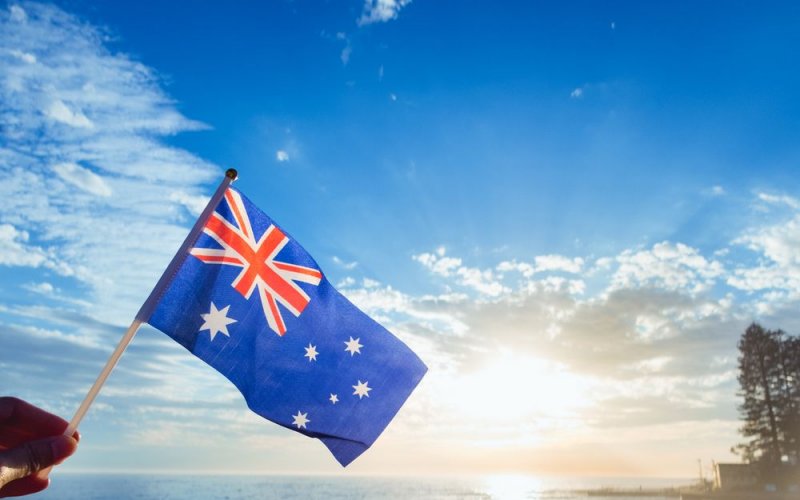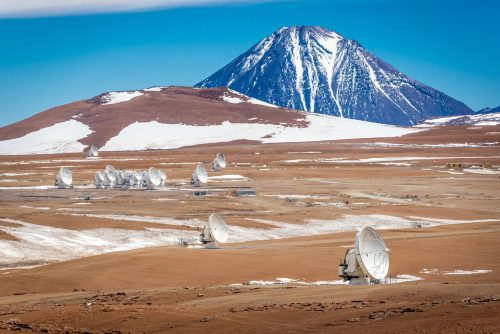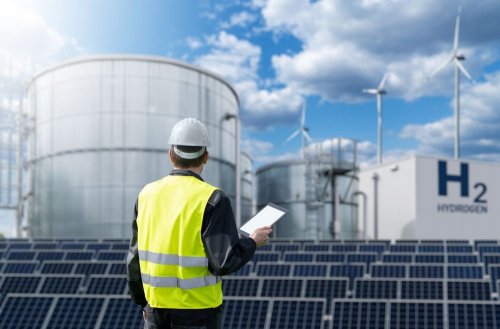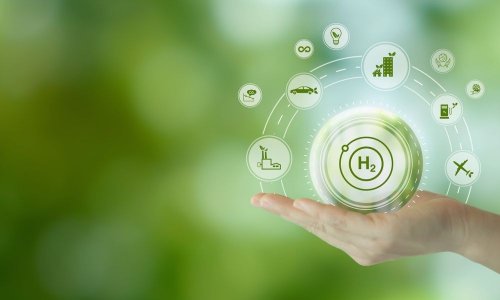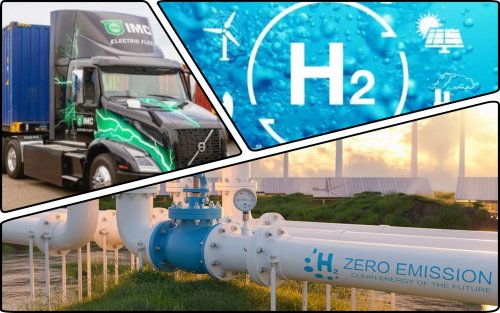Australian Energy Market Operator (AEMO) CEO Daniel Westerman said the country has increased its chances of becoming a hydrogen superpower.
This is due to the rapid development of electrolyzers and hydrogen technologies, reports Financial Review.
The report noted that global interest in hydrogen has grown significantly as countries plan to transition away from fossil fuels after pledging to achieve climate neutrality by 2050 or earlier, but the industry remains far from commercialization.
Westerman said that in the latest integrated systems plan, developed in consultation with the market, a scenario in which hydrogen will grow significantly and dominate the country's energy market is unlikely.
AEMO's most likely estimate of future energy needs is its so-called step-change scenario, which sees 14 gigawatts of coal-fired capacity closed by 2030.
However, the hydrogen superpower scenario envisages the development of an environmentally friendly hydrogen-based export industry and the transformation of the country's manufacturing and transport sectors. As well as an almost fourfold increase in energy consumption from the national energy market.
"As you see the development of hydrogen electrolyzers, the development and production of hydrogen, for example, in Europe and in Australia, I think we can see that maybe this scenario has become more likely, rather than less," Westerman stressed.
The article explained that the two biggest components of hydrogen production are electrolyzers and the cost of renewable energy. The cost of electrolyzers is falling, and this trend is expected to increase rapidly as production is industrialized.
Climate Change and Energy Minister Chris Bowen said Australia had huge potential to grow the industry, but global competition was fierce.
The article emphasized that the work on preparing the country's infrastructure for the use of hydrogen is progressing. For example, the Australian Energy Market Commission has called for changes to the country's energy regulations to allow the possible transportation of hydrogen through existing pipelines.
As EcoPolitic reported before, in Australia, scientists from the University of Melbourne developed the technology of production of high-purity hydrogen (99%) from air, the minimum humidity of which should reach 4%.

